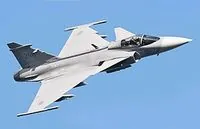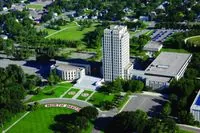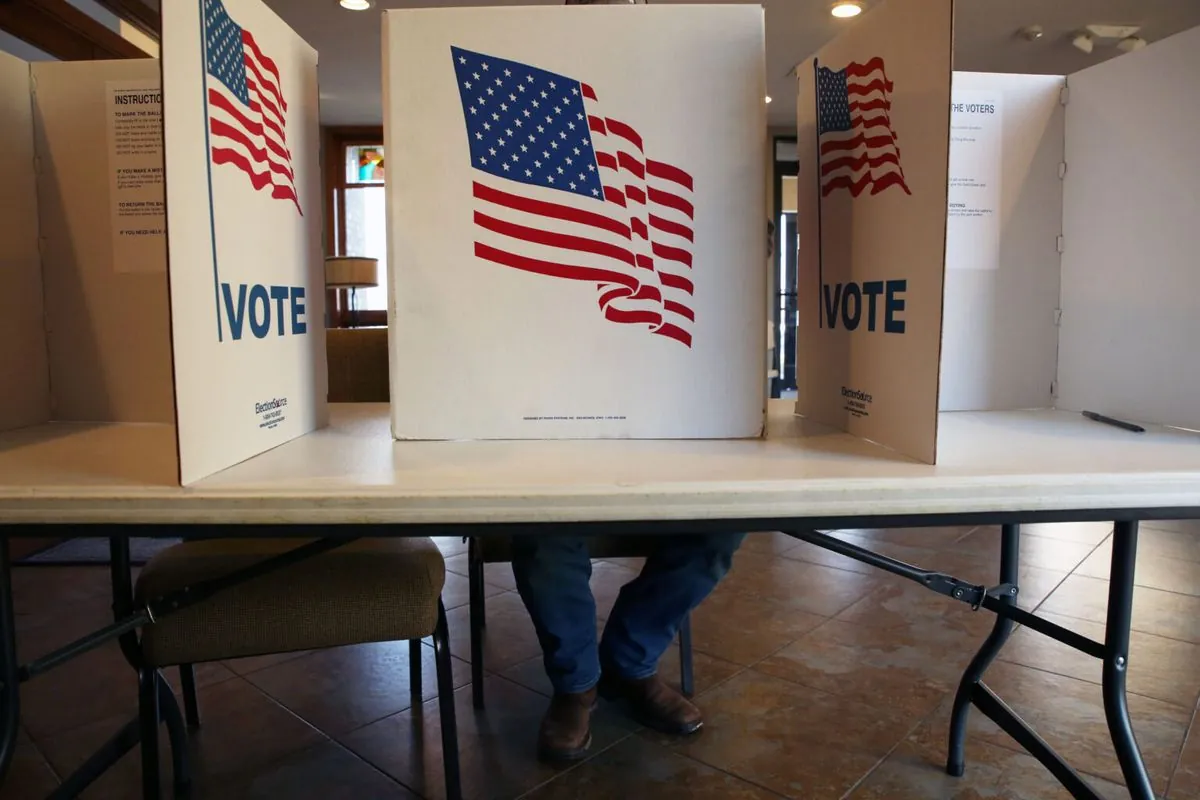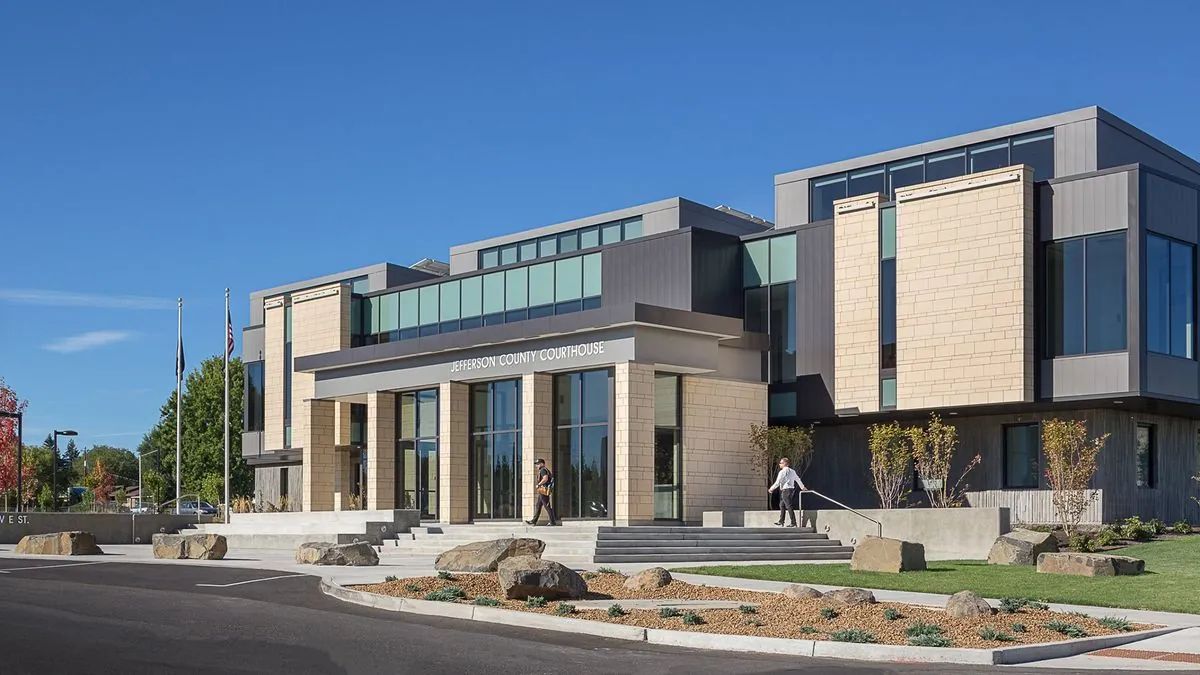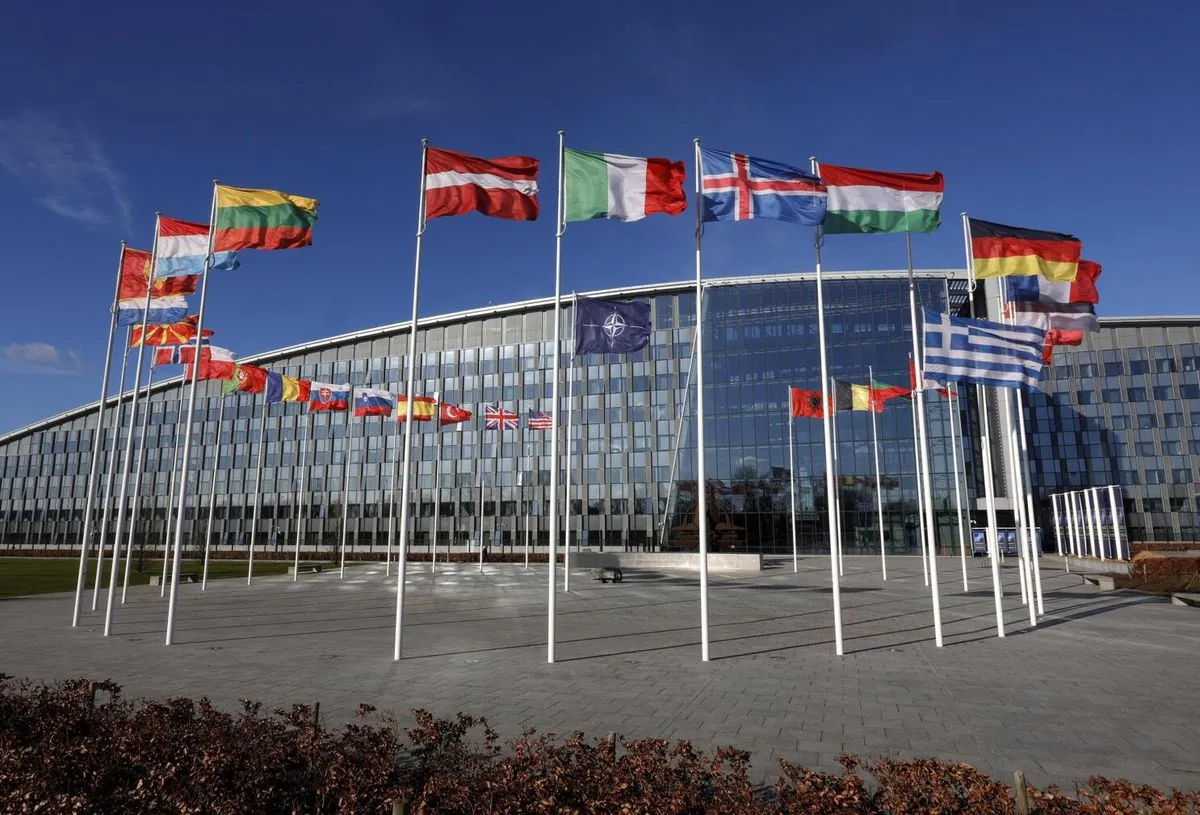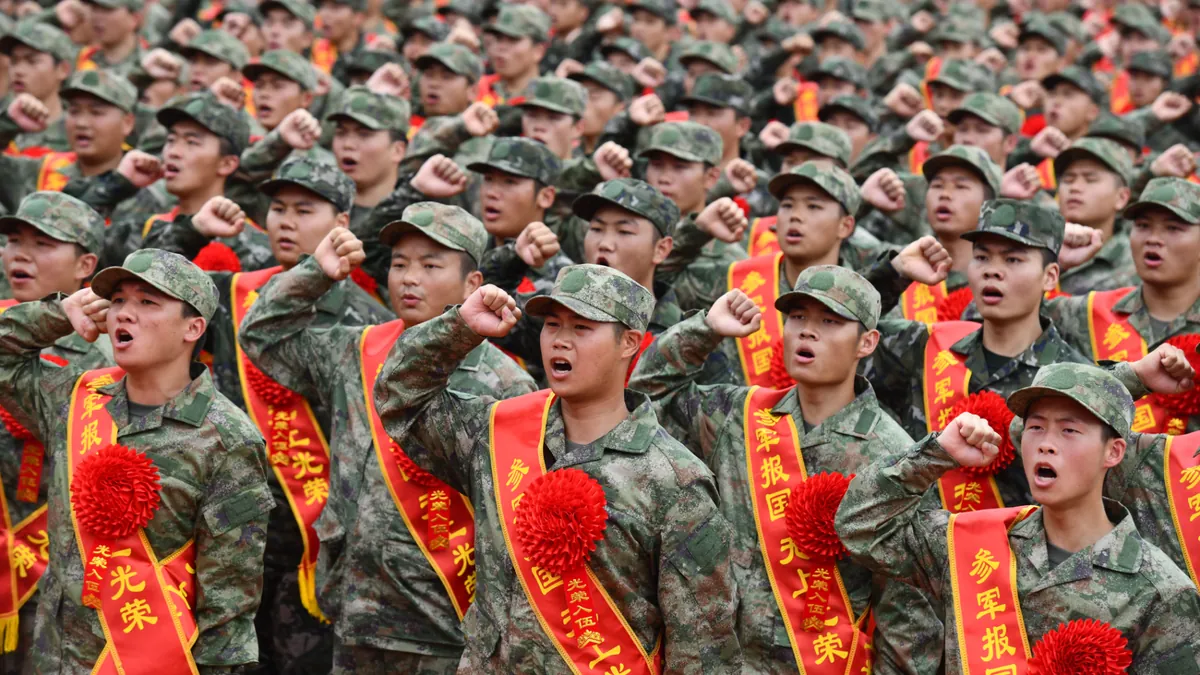North Korea Condemns US Military Presence in South Korea
North Korea criticizes US deployment of nuclear assets in South Korea, as Seoul prepares for Armed Forces Day parade. Pyongyang threatens "fresh action plans" in response to perceived provocations.
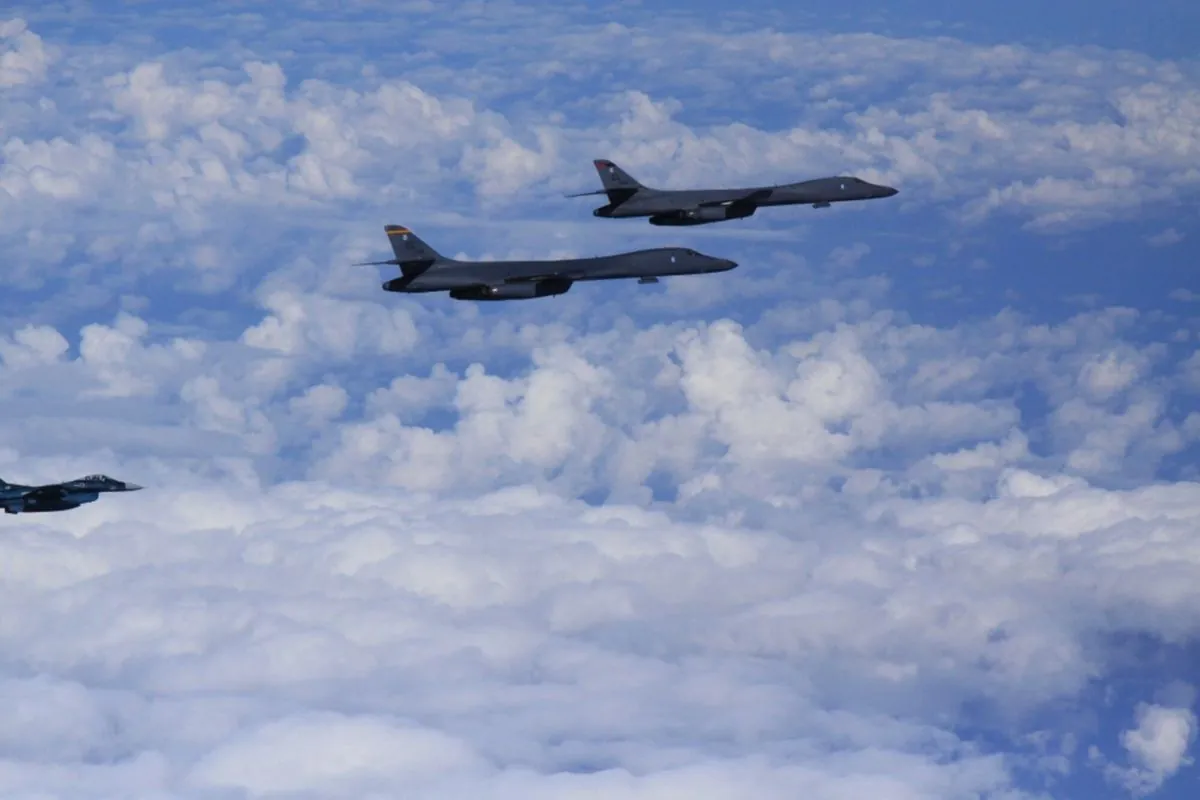
On October 1, 2024, the Democratic People's Republic of Korea (DPRK) strongly criticized the United States for deploying nuclear strategic assets in South Korea. This condemnation comes as Seoul prepares for a rare military parade to mark Armed Forces Day, celebrated annually on this date.
Kim Kang Il, North Korea's vice defense minister, accused Washington of engaging in a "reckless military bluff" by sending a nuclear-powered submarine to South Korea and planning to fly a B-1B bomber for the upcoming parade. The B-1B bomber, a supersonic variable-sweep wing heavy bomber, is expected to participate in the event, flying over Seoul alongside allied fighter jets.
The US-South Korea alliance, formed in 1953 following the Korean War armistice, has been a source of tension for North Korea. The conflict technically remains unresolved, as no peace treaty was signed. This ongoing state of affairs has contributed to the complex geopolitical situation on the Korean Peninsula.
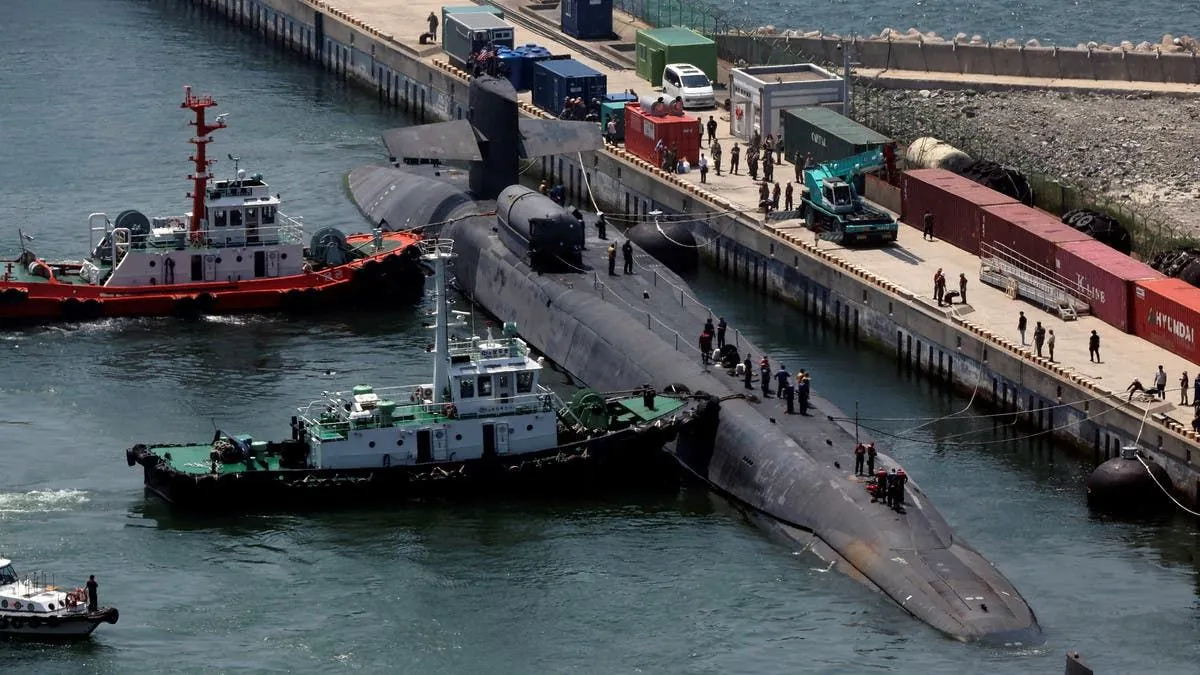
Kim Kang Il argued that the US show of force underscores its strategic disadvantage on the Korean Peninsula and South Korea's "chronic nuclear phobia." He hinted at potential countermeasures, stating, "We can examine such fresh action plans any time and carry them out." The official also vowed to continue improving North Korea's "powerful war deterrent."
This latest development follows criticism from Kim Yo Jong, the influential sister of North Korean leader Kim Jong Un, who last week condemned the presence of a US nuclear submarine in Busan. The submarine's visit for supplies and crew rest has further escalated tensions in the region.
"The parade is partly intended to show off its military might as a deterrent to the North."
South Korea's military parade serves as a demonstration of its military capabilities, which are ranked 6th globally in terms of strength. The event takes place against the backdrop of ongoing security concerns, with Seoul located just 50 km from the North Korean border.
The United States maintains a significant military presence in South Korea, with approximately 28,500 troops stationed in the country. This presence, along with regular joint military exercises, has been a longstanding point of contention for North Korea.
North Korea's nuclear program, initiated with its first test in 2006, remains a major source of international tension. The country withdrew from the Nuclear Non-Proliferation Treaty in 2003, further isolating itself from the global community.
As tensions continue to simmer, the 250 km long Demilitarized Zone (DMZ) separating North and South Korea stands as a stark reminder of the unresolved conflict. The US extended its nuclear umbrella to South Korea in 1978, although it removed nuclear weapons from the peninsula in 1991.
North Korea's "Songun" policy, which prioritizes the military in state affairs, and its "Juche" ideology emphasizing self-reliance, continue to shape its approach to international relations. With the world's 4th largest standing army, North Korea remains a significant military power in the region.
As both sides continue to demonstrate their military capabilities, the international community watches closely, hoping for a peaceful resolution to the long-standing tensions on the Korean Peninsula.

























